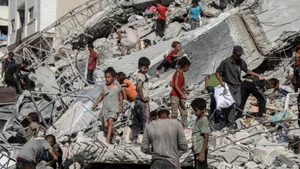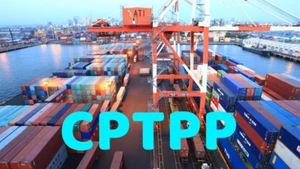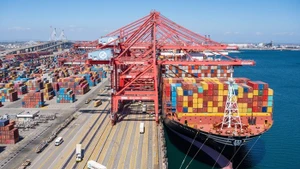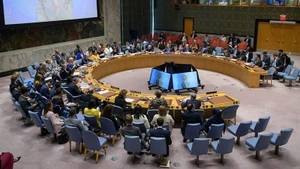Since Donald Trump’s return to the White House, the US has concluded agreements allowing the deportation of foreign migrants to South Sudan, Eswatini, and Rwanda. Leaving aside questions of effectiveness, concerns have arisen over the “fairness and morality” of such deals, as many of the deported individuals do not originate from those African nations.
In fact, deporting migrants to third countries is not a new practice. Previously, the UK pursued a similar approach through its agreement with Rwanda.
However, that plan faced both legal and political challenges. Nevertheless, the UK has continued seeking arrangements, including a deal with France to return migrants to French territory. Meanwhile, in 2024, Italy established reception centres in Albania, treating them as waiting points for the repatriation of migrants.
Although the strategy of “shifting the migration burden beyond borders” has stirred mixed reactions, other European countries have shown interest in adopting similar measures.
Recently, however, the Council of Europe issued a warning that such decisions could lead to serious human rights violations. Migrants relocated to third countries may face risks of torture, arbitrary detention, mass deportation, and denial of asylum rights or legal support.
In a statement on September 4, Michael O’Flaherty, Commissioner for Human Rights at the Council of Europe, stressed that such policies could expose migrants to grave harm and prolonged suffering. His remarks came as a new World Health Organisation (WHO) report revealed that today more people than ever live in a country other than the one where they were born. While many people migrate out of choice, others migrate out of necessity. Some may be forcibly displaced from their homes as they flee persecution, conflict, violence, or disaster. Others facing adversity may also have little option but to move, for example to escape inhuman treatment, avoid economic hardship, access social rights, or reunite with families.
Yet the journey towards a “new life” is far from easy and may leave lasting scars. The migration experience itself is a decisive factor in the mental health of refugees.
According to the WHO report, refugees and migrants exposed to adversity are more likely than host populations to experience mental health conditions such as depression, anxiety, post-traumatic stress disorder (PTSD), suicide, and psychosis. Such adversity may stem from traumatic experiences in their homelands, hardships endured along the journey, such as violence, detention, or lack of basic services, or even from restrictive immigration policies, as well as poor living and working conditions in host countries.
Refugees and migrants exposed to adversity are more likely than host populations to experience mental health conditions such as depression, anxiety, post-traumatic stress disorder (PTSD), suicide, and psychosis. Such adversity may stem from traumatic experiences in their homelands, hardships endured along the journey, such as violence, detention, or lack of basic services, or even from restrictive immigration policies, as well as poor living and working conditions in host countries.
(According to the WHO Report)
In recent years, immigration has remained one of the most contentious issues for many Western countries. The effectiveness of policies to address this divisive challenge has also become a “key test” of public trust in governments.
In reality, the management of migration is by no means easy, especially in today’s complex global political climate marked by numerous conflict hotspots. The Council of Europe’s warning serves as a reminder that behind every policy decision on migrants lie individual human destinies.
If deportations are treated merely as a technical solution, the “doorways” between countries risk becoming “new borders” of injustice and suffering.
To sustain and safeguard the asylum system, one crucial principle must be to ensure the repatriation of migrants is conducted with caution and safety.
















